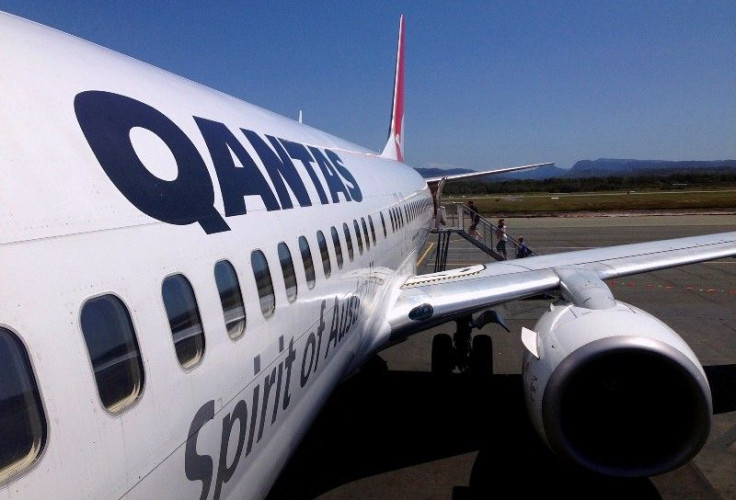Qantas Subsidiary Jetstar To Expand New Zealand Domestic Flights; Impact Felt As Air New Zealand’s Share Price Drops

Air New Zealand shares fell 9.4 percent after Australia’s airline Qantas announced that its subsidiary Jetstar will expand its regional flights in New Zealand. The airline is already flying between Australia and New Zealand, besides operating many domestic flights within New Zealand, since 2009.
Prime Minister John Key welcomed the news and hoped it “will create jobs, cheaper fares and more choice for New Zealanders and international visitors.” According to analysts, Jetstar’s expansion has the potential to trigger a significant shakeup in the Kiwi aviation market. Jestar will be adding at least four new destinations from December to the five cities it is already flying in New Zealand. It currently flies domestic routes such as Auckland to Wellington, Christchurch, Dunedin and Queenstown. The fifth is Wellington to Christchurch.
Good For Customer
Among the new destinations, the seven routes under active consideration are Hamilton, Rotorua, New Plymouth, Napier, Palmerston North, Nelson and Invercargill. Qantas chief executive Alan Joyce in a statement on June 19 recalled that Jetstar’s entry into the domestic routes in 2009 brought a positive impact with the fares coming down by 40 percent. He is expecting a similar outcome this time too as the airline spreads its wings into regional routes. Obviously, Air New Zealand will be the loser, which currently enjoys a monopoly of sorts on many routes.
Jet Star is claiming that it has 21 percent market share on the basis of kilometers flown and 17 percent share on the basis of passengers. “When Jetstar brought low fares to New Zealand's key routes six years ago, it completely transformed the market in terms of value and now we'll do the same for regional New Zealand," Alan Joyce said. Jetstar will be servicing the new routes with a fleet of five 50-seat Bombardier Q300 turboprop planes, which would supplement its existing fleet of nine 180-seat Airbus A320 planes.
Air NZ Reaction
However, Air New Zealand Chief Executive Christopher Luxon played down the competition and said the announcement has not surprised it and his airline will keep adding more value to remain the number one choice for regional customers. "We've had other Australian competitors come and go from New Zealand in the past and we are always ready for competition in our home market," Luxon said. Meanwhile, UBS analyst Marcus Curley said Air New Zealand’s underlying earnings may take a hit between NZ $13 million and $20 million in the 2016 financial year.
(For feedback/comments, contact the writer at k.kumar@ibtimes.com.au)






